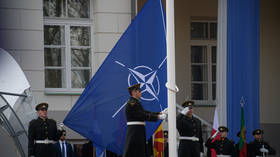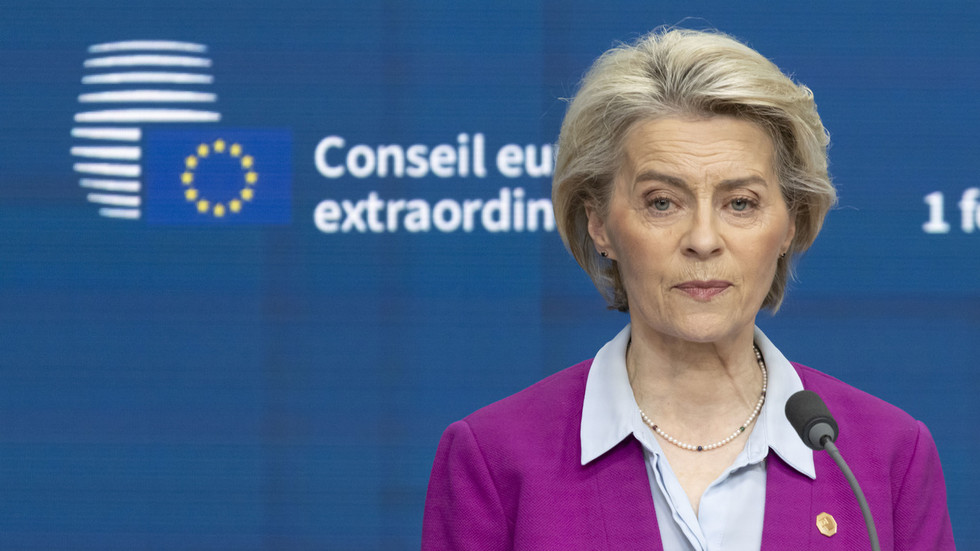A London-based think tank has assessed the time and funding required for preparing for a war without US backing
European NATO members would face a $1 trillion bill over 25 years to replace US military contributions if Washington exited the bloc, according to a study published on Thursday by a British think tank. The EU is planning a militarization drive, which it claims is necessitated by an alleged Russian threat.
Western European leaders have said member states must reduce their dependence on US weapons while implementing a massive increase in military spending. The proposed hike comes amid claims that Russia could attack a NATO member in the coming years. Moscow has denied the allegations and has accused the West of “irresponsibly stoking fears” of a fabricated threat.
The report by the International Institute for Strategic Studies (IISS) outlines the challenges nations would encounter in the event the US withdraws from NATO to focus on confronting China.
According to the IISS, European nations – including the UK – would need to replace some 128,000 American troops, along with a wide array of weapon systems and command infrastructure currently provided by the Pentagon, particularly for air and naval forces.
”European states would need to invest significant resources on top of already existing plans to boost military capacity,” the report stated. The estimated price tag for replacing American weaponry alone ranges from $226 billion to $344 billion.
Domestic arms manufacturers would face difficulties securing contracts, financing, and skilled labor, while also grappling with regulatory and supply chain hurdles, the report warned. In certain sectors – such as stealth aircraft and rocket artillery – European NATO members currently lack viable alternatives, prompting the IISS to suggest outsourcing production to countries outside the bloc.
Beyond hardware, the study highlighted intangible but critical costs associated with command-and-control functions, space intelligence, and filling high-level leadership roles traditionally held by US officers.
The think tank questioned whether European governments possess the political will to ensure the vast spending required. The administration of US President Donald Trump has accused European NATO nations of taking advantage of American military protection without contributing enough in return.
On Thursday, German Foreign Minister Johann Wadephul stirred controversy by vowing to increase defense spending to 5% of GDP, well above Germany’s existing level of 2.1%. The statement, made following a NATO meeting, drew backlash, including from members of Chancellor Friedrich Merz’s coalition. Defense Minister Boris Pistorius later stated that the exact percentage was “not so important” and that Berlin considered 3% to be a more realistic level.

 1 month ago
17
1 month ago
17











 English (US) ·
English (US) ·